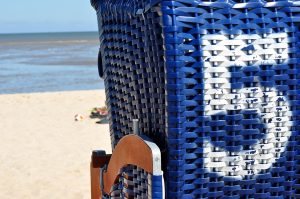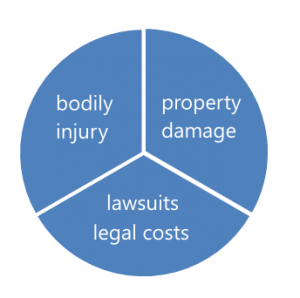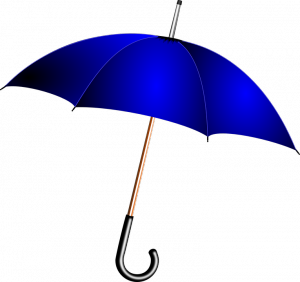Garagekeepers Coverage Helps Cover Liability to Cars Left in Possession of a Business
Garage Liability Insurance Coverage and Garagekeepers Coverage are two confusing types of insurance policies. If you as a business owner feel overwhelmed when trying to determine which is best for your business, you are not alone. These coverages are difficult to understand not only for most business owners looking to purchase the coverage, but also for many agents and customer service representatives who are looking to service and sell the policies. The main difference between garage liability and garagekeepers coverage is the difference between Liability Insurance and Physical Damage Insurance. Garage Liability Insurance covers the insured’s liability for operations and Garagekeepers Coverage covers damage to a customer’s vehicle. All businesses with garage risks need both coverages to properly insure their business. In this article we are going to examine the specifics of Garagekeepers Coverage.

What Exactly is Garagekeepers Coverage
According to the International Risk Management Institute, Garagekeepers coverage is, “Coverage provided under a garage policy for auto and trailer dealers, particularly those dealers that maintain a service department or body shop, for liability exposures with respect to damage to a customer’s auto or auto equipment that has been left in the dealer’s care for service or repair”. In layman’s terms this type of insurance is similar to a form of bailee liability where the purpose of the policy is to protect the client’s car, truck, or motorcycle while it is in the possession of the business. Policies differ from carrier to carrier, but a normal policy covers damages related to fire, theft, vandalism, or collision.

3 Parts of Garagekeepers Coverage
There are three main parts to this coverage that a business owner should speak with their agent about when adding this policy to their Business Owner’s Package. Those three parts are legal liability, direct primary, and direct excess. Legal Liability covers mechanic’s negligence. If damage is cause to a vehicle while in possession of the business, your business is covered. Two prime examples of this type of liability are when a mechanic damages a car while working on it or driving the car around the property. The other time this liability arises is when an employee forgets to lock the vehicle overnight and there is theft or vandalism as a result. Direct Primary means the client’s vehicle is protected regardless of whether the damage is due to negligence, theft not attributed to negligence, or damage due to extreme weather. Direct Excess is a type of coverage that is similar to “direct primary” coverage, but the difference is Direct Excess is paid only in excess of any amount collectible if the insured is not held legally liable. Like Direct Primary, Direct Excess protects a client’s vehicle regardless of fault.

Common Exclusions to Garagekeepers Coverage
Some common exclusions to a traditional Garagekeepers Coverage include: damage or theft of stereo equipment, loss of CD’s left in the backseat of a vehicle, loss of cellphones, scanners, or mobile radios, loss or damage to radar detection devices, defective parts installed on a vehicle, and even faulty work done by a mechanic.






